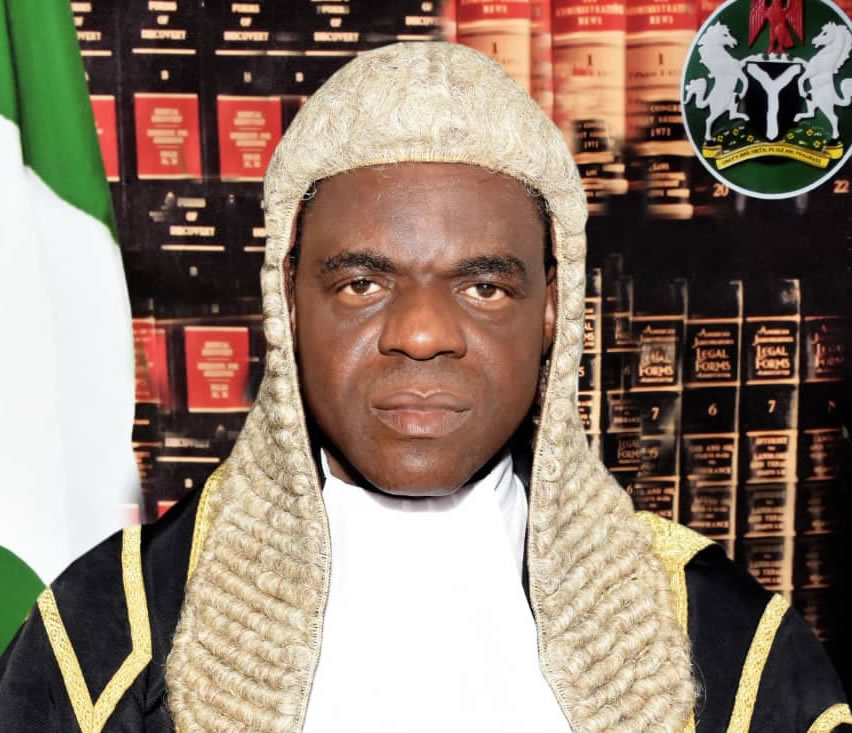The French trade group representing authors and screenwriters, the Society of Dramatic Authors and Composers (SACD), has initiated legal action against Chinese social media platform TikTok over alleged copyright infringements. The SACD, which represents approximately 60,000 writers for various mediums, filed a lawsuit in Paris, citing TikTok’s unauthorized use of protected works from its repertoire without offering acceptable compensation to the authors.
According to the SACD, TikTok has been using dialogue and extracts from prominent French films, such as “Asterix and Obelix” and “Brice de Nice,” as well as animated series and comedy sketches, without permission. Despite four years of discussions, the SACD claims that TikTok has failed to provide adequate compensation or remove the infringing content. The group is seeking redress for the losses suffered by the authors of the works exploited on the platform.
The SACD is also calling for TikTok to be transparent with its financial figures to determine the amount owed to copyright holders. This move comes as TikTok faces increasing regulatory pressure in Europe, having been fined 530 million euros by the EU in May for unlawfully sending the personal data of Europeans to China. The platform, owned by Chinese firm ByteDance, has its European headquarters in Ireland.
The lawsuit highlights the ongoing challenges faced by social media platforms in navigating copyright laws and regulations. The SACD’s action against TikTok serves as a reminder of the importance of protecting intellectual property rights and ensuring fair compensation for creators. A first hearing in the case is scheduled for March 18, and TikTok has yet to comment on the matter.
The development is significant, given the growing scrutiny of TikTok’s operations in Europe and the United States. The platform has faced criticism over its data handling practices and has been subject to regulatory actions. As the case unfolds, it will be important to monitor the outcome and its potential implications for social media platforms and content creators alike. With the rise of online content sharing, the need for clear guidelines and regulations on copyright infringement has never been more pressing.



